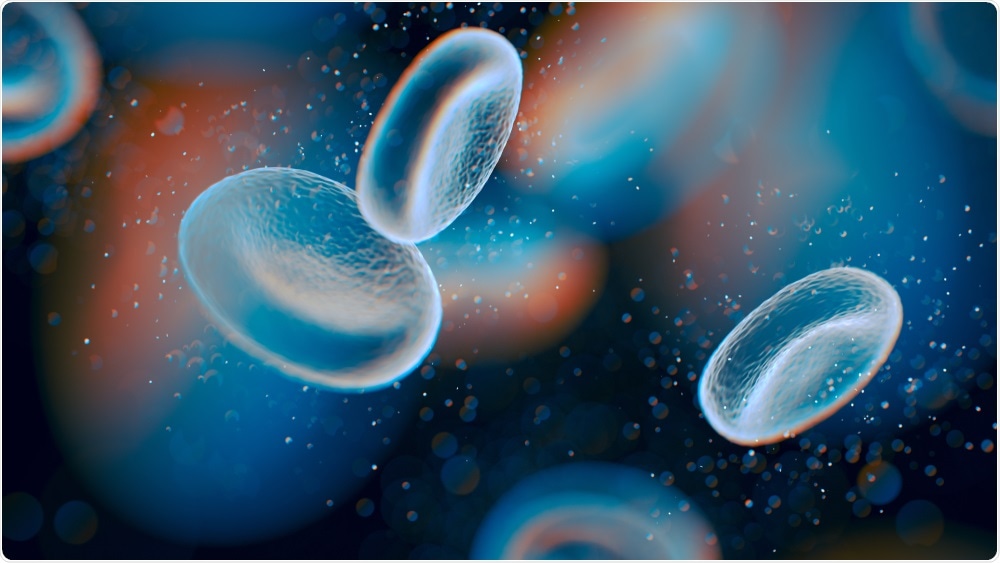Scientists have discovered enzymes in the human gut microbiome that are up to 30 times more efficient than previously studied enzymes at converting type A and B blood into type O.

Image Credit: pinkeyes / Shutterstock
Type O blood is the type that can be universally administered in medical emergencies.
Researcher Stephen Withers from the University of British Columbia (UBC) is particularly interested in enzymes that can remove A or B antigens from red blood cells, saying "If you can remove those antigens, which are just simple sugars, then you can convert A or B to O blood."
To identify the enzymes, Withers collaborated with a colleague who uses metagenomics to study ecology.
"With metagenomics, you take all of the organisms from an environment and extract the sum total DNA of those organisms all mixed up together," he explains. E.coli is then used to select for DNA containing genes that code for sugar-cleaving enzymes.
Making Universal Donor Blood From Other Blood Types | Headline Science
Using this approach, Withers and team were able to home in on enzymes used by bacteria to remove sugars from glycosylated proteins called mucins that line the gut wall.
Mucins provide sugar residues that gut bacteria attach to and some of the mucin sugars resemble the structure of antigens on type A and B blood.
By studying these mucins, Withers and team managed to identify a new group of enzymes that are 30 times more efficient at removing red blood cell antigens than previously identified enzyme candidates.
The findings will be presented today at the 256th National Meeting & Exposition of the American Chemical Society (ACS).
Withers is now validating the enzymes with colleagues at the Center for Blood Research at UBC and testing them in larger-scale studies.
I am optimistic that we have a very interesting candidate to adjust donated blood to a common type. Of course, it will have to go through lots of clinical trials to make sure that it doesn't have any adverse consequences, but it is looking very promising."
Stephen Withers, Lead Researcher
Source:
https://www.eurekalert.org/pub_releases/2018-08/acs-gbp071218.php